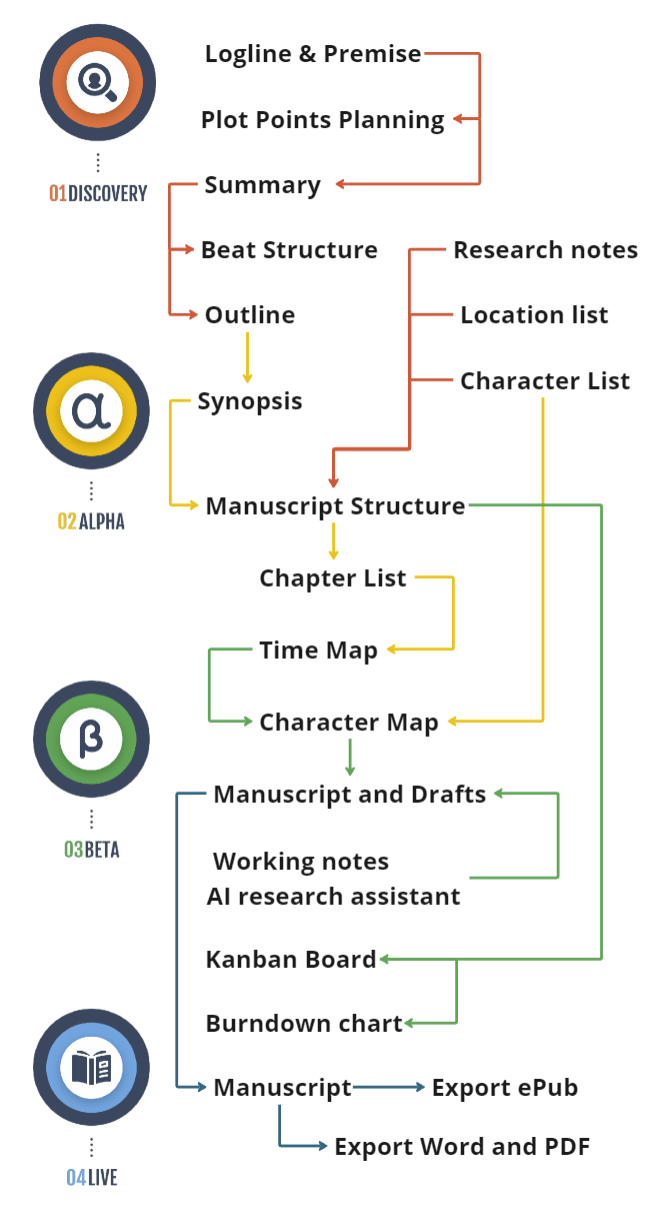In a work of fantasy, a farmer might awake to find his once-familiar village transformed overnight—strange lights flitting across the sky, the wind blowing from an impossible direction. For writers, these fantastical shifts mirror our real-world industry changes: evolving reader tastes, new marketing channels, and the relentless march of technology. Yesterday’s “normal” becomes today’s relic, leaving us to wonder: How do we embrace the new normal without losing our creative soul?
“Normal” in the writing world has rarely been static. In past decades, “normal” might have meant mailing queries, waiting months for answers, and hoping for a big break through a traditional publisher. Then digital self-publishing boomed, creating a new paradigm. Now, audiobooks, online serialization, and direct-to-reader platforms are broadening horizons further. Each wave of change can feel as unsettling as magical storms that reshape a fantasy land, yet these forces often create fresh opportunities for bold voices.
Any writer who’s felt the ground shift beneath their creative feet—novelists witnessing trends come and go, short-story authors pivoting to online magazines, or poets sharing their verses on social media—knows this tension. It doesn’t matter if you’re brand new or a grizzled veteran; sooner or later, every writer confronts an altered landscape. Those who adapt with curiosity and flexibility often thrive, while others cling to outdated norms at their peril.
- Stay Informed, but Stay Sane: Think of it like gleaning intel from a network of wise scholars in a fantasy novel. Check trusted sources—industry blogs, writer communities, or newsletters—but avoid drowning in every swirling rumor. Concentrate on developments that genuinely affect your genre or approach.
- Experiment without Fear: Just as a hero might test a newly discovered magical ability, try new platforms or formats. Consider serialized fiction on a website, short audio novellas, or crowdfunded projects. Some experiments may fizzle, but the knowledge gained can guide you to profitable or fulfilling paths.
- Stay True to Your Core Themes: Even if the format changes, your unique storytelling voice—your personal “magic system”—should remain a guiding star. Don’t sacrifice the essence that sets you apart. Adaptation means adjusting your methods, not discarding your identity.
- Embrace the Feedback Loop: Like receiving a prophecy from a cryptic oracle, listen to your readers, peers, and mentors. If they’re consistently excited about a new direction, consider exploring it further. Honest feedback will illuminate your blind spots and spark stronger ideas.
Change can feel disorienting, but it also breathes life into the industry. Each new “normal” sweeps in fresh ways to publish, promote, and engage with readers. Many success stories arise precisely because authors recognized and capitalized on shifts—pioneering eBooks or forging fan communities around indie publications. Even if it’s daunting, embracing change helps you stay relevant, grow your craft, and connect with an evolving audience. The alternative—resisting until you’re left behind—rarely yields a happy ending.
Spend a moment reflecting on your current “normal.” How has the writing world changed since you first started? Identify one emerging tool, platform, or storytelling format that intrigues you—and commit to exploring it this month. The new normal waits for no one. Will you choose to step forward?




